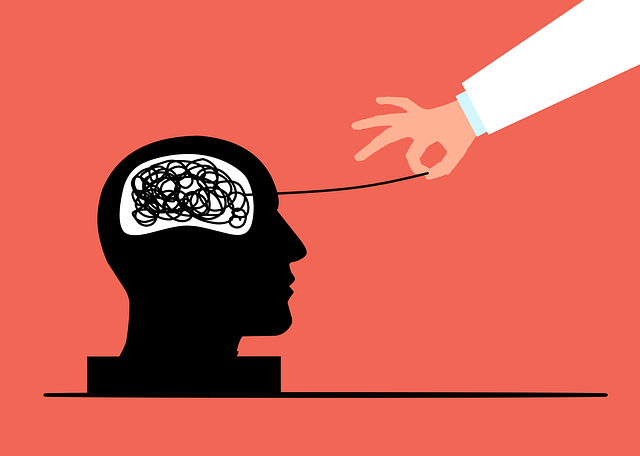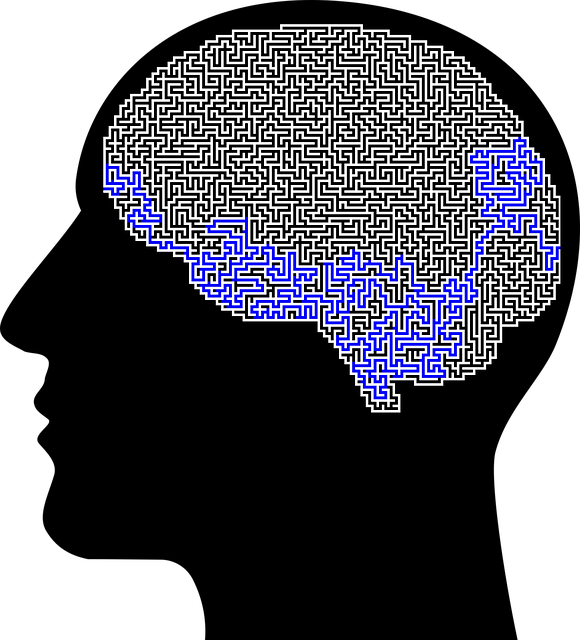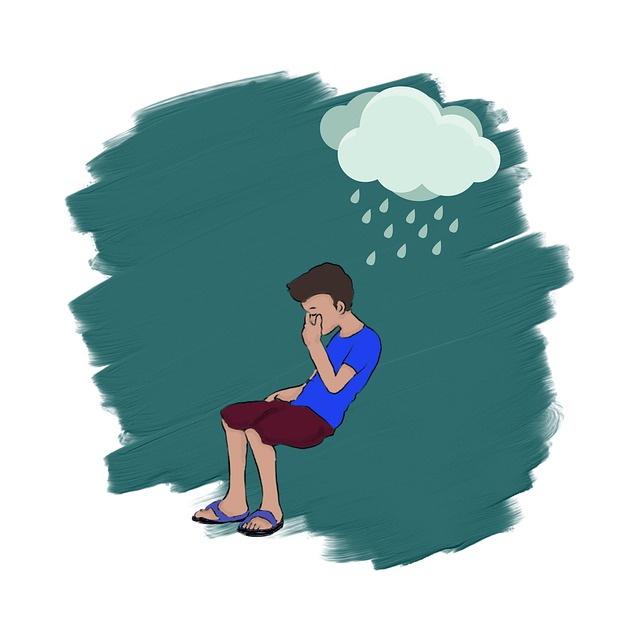Resilience is key to emotional well-being for young adults, achieved through the RFM (Resources, Strengths, Motivation) framework in therapy. This approach aids pain management and boosts self-esteem by encouraging recognition and use of internal strengths and external supports, fostering effective coping mechanisms for stress, adversity, and trauma. Public awareness campaigns promoting RFM can create supportive communities, amplifying individual resilience. Incorporating mindfulness practices and physical activities into daily routines enhances resilience, reduces stress, promotes emotional healing, and boosts confidence in young adults dealing with chronic pain, aligning with Mental Health Policy Analysis and Advocacy efforts for improved quality of life.
“Uncover the transformative power of RFM (Resilience-Focused Mindfulness) as a therapy for young adults’ pain management. This comprehensive guide explores how RFM, by understanding and addressing trauma’s impact on pain perception, empowers individuals to build resilience. We delve into practical exercises for daily integration, revealing its long-term benefits in mitigating chronic pain. Discover how RFM becomes a game-changer in helping young adults navigate life’s challenges with enhanced coping mechanisms.”
- Understanding RFM and Its Role in Resilience Building for Young Adults
- The Impact of Trauma on Pain Perception and How RFM Intervenes
- Practical Exercises for Incorporating RFM into Daily Life
- Long-Term Benefits of RFM for Effective Pain Management in Young Adults
Understanding RFM and Its Role in Resilience Building for Young Adults

Resilience is a key component of emotional well-being, especially for young adults navigating life’s challenges. RFM (Resources, Strengths, and Motivation) is a powerful framework that helps individuals build resilience by identifying their internal resources and external supports. In therapy for young adults, RFM is often used as a structured approach to enhance pain management and promote self-esteem improvement. By recognizing and leveraging their strengths, young adults can better cope with stress, adversity, and trauma.
This strategy empowers them to maintain motivation even during difficult times. The process involves exploring personal resources like social connections, coping skills, and problem-solving abilities. It encourages the development of a positive mindset, fostering self-reliance and adaptability. Moreover, public awareness campaigns that promote RFM can play a significant role in building communities where individuals support each other, thereby strengthening resilience on a larger scale.
The Impact of Trauma on Pain Perception and How RFM Intervenes

Trauma significantly alters an individual’s perception of pain, often leading to heightened sensitivity or chronic pain conditions. This effect is particularly pronounced in young adults who may be navigating developmental challenges and forming their coping mechanisms. The impact can range from acute sensory experiences to long-term physiological changes, complicating pain management.
Resilience-focused interventions like RFM (Resilience, Flexibility, and Mindfulness) offer a promising approach to address these issues. By cultivating resilience, individuals gain the mental tools to cope with traumatic memories and associated sensations. RFM incorporates mindfulness practices to help young adults regulate their emotional responses and perceive pain more accurately, thereby enhancing their ability to manage pain effectively. This is especially valuable in public awareness campaigns that promote early intervention and encourage a more nuanced understanding of pain management within diverse cultural contexts. Furthermore, integrating cultural sensitivity into mental healthcare practice ensures that risk assessment for mental health professionals is comprehensive, empathetic, and tailored to individual needs.
Practical Exercises for Incorporating RFM into Daily Life

Incorporating RFM (Resilience, Flexibility, and Mastery) into daily life can significantly aid young adults in managing pain and navigating life’s challenges. Simple yet effective exercises can be seamlessly integrated into routines to build resilience. For instance, mindfulness practices such as deep breathing or meditation can help manage stress levels and reduce reliance on unhealthy coping mechanisms. Physical activities like yoga or even a brisk walk in nature enhance flexibility, promoting emotional healing processes and boosting confidence.
Therapy for young adults often emphasizes these practices as part of risk management planning for mental health professionals. By combining RFM elements, individuals can develop effective strategies to handle pain and adversity, fostering greater resilience over time. These exercises not only support pain management but also contribute to the overall well-being of young adults by strengthening their emotional healing capabilities and enhancing their sense of control in life.
Long-Term Benefits of RFM for Effective Pain Management in Young Adults

For young adults grappling with pain, adopting a long-term strategy like RFM (Resilience, Flexibility, and Mastery) can offer transformative benefits. This therapeutic approach focuses on building resilience to help individuals effectively manage their pain over time. By fostering adaptability and personal growth, RFM equips young adults with the tools to navigate life’s challenges without being hindered by chronic pain.
The advantages extend beyond immediate symptom relief. Enhanced resilience promotes better coping mechanisms, enabling young adults to confront pain-inducing stressors with a sense of control and confidence. This is particularly crucial for mental health professionals involved in risk management planning, as it empowers patients to take an active role in their treatment. Moreover, the RFM framework aligns with broader Mental Health Policy Analysis and Advocacy efforts by providing evidence-based strategies that contribute to long-term pain management and improved quality of life.
Resilience-focused therapy, such as RFM, offers a transformative approach to pain management for young adults. By addressing the root causes of pain and trauma, this innovative therapy equips individuals with powerful tools to navigate life’s challenges. The practical exercises outlined in this article provide a framework for incorporating RFM into daily routines, fostering long-term resilience and enabling better coping mechanisms. For those seeking effective therapy for young adults’ pain management, RFM presents a promising path toward healing and enhanced well-being.














